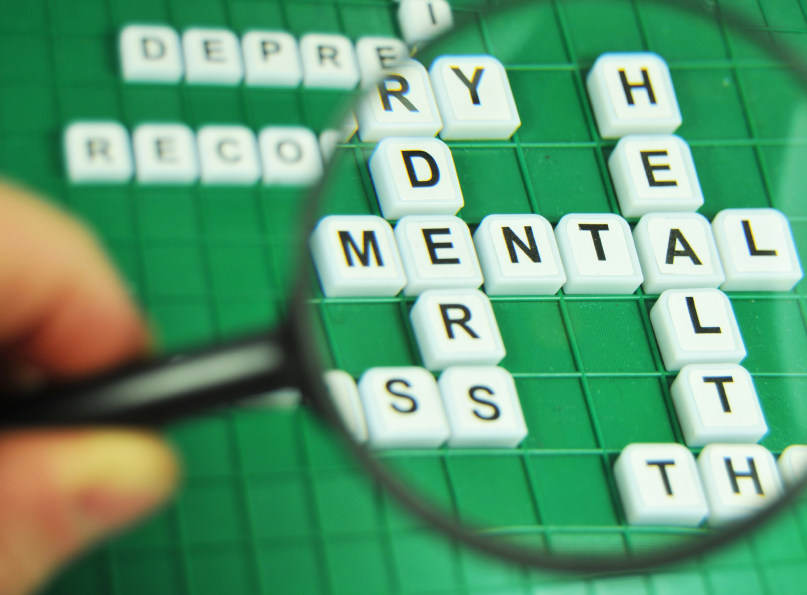Plenty of us work in jobs that make it difficult for us to separate our work from our home lives. Whether it’s because the tasks demand our full focus or because it’s a passion project, leaving work behind physically and mentally can take effort and planning.
It’s worth making the effort, though, as poor work/life balance can negatively affect your mental health, which can expand to your loved ones, as well. Especially with many of us now working from home, it can be challenging to draw the line and put work away for the day if you’re only moving to the next room. The lack of commute can mean you need to find other ways to switch off and get that all-important relaxation time.
Here, we take a look at how poor work/life balance can affect your mental health, as well as some practical solutions to help you.
Burnout
Burnout, according to Mental Health UK, is “a state of physical and mental exhaustion.” When you struggle to keep boundaries between your work time and your other activities, or you have so many other responsibilities outside of work that you don’t have any time to relax, it can be very overwhelming and even make you ill.
If you’re struggling to switch off from work, you might find yourself thinking of solutions for work problems out of hours. This means you’ll never be fully relaxed, and after a while, you might start to demonstrate some of the typical signs of burnout, such as feeling alone or defeated and suffering from self-doubt and procrastination.
Family Strain
The blurred boundaries between work and home can affect not only you but also those around you. If you’re checking your e-mails at the dinner table or thinking about strategy when your partner is telling you about his or her day, this can lead to tension, as your loved ones may feel neglected and like they are less important to you than your job.
The more you let this slip, the worse it will get; your colleagues will learn you can be contacted out of hours, which will leave you feeling guilty and overwhelmed—it’s a lot harder to claw back some work/life balance if you don’t set the rules in the first place.
What You Can Do About It
In order to switch off in the evening, a physical break between work and home can be really beneficial, so why not use your commute to transition to “home” mode or go for a walk straight after work? You should also make your boundaries clear to your team and turn off your e-mail notifications on your phone. You could always keep a notepad next to your bed in case sudden inspiration strikes to prevent you from opening up your laptop.
If you’re working from home, talk to your family or housemates about what you all need so everyone is clear about when they can chat with you and when you need to focus. Perhaps it’s a ban on loud noise at certain times, or perhaps you need your family to know that once you’ve got your headphones on, they shouldn’t try and talk to you. Whatever you need, making this clear can help you be fully present with the other people in your life once work is finished.
Aubree Watson is a Guest Contributor at HR Daily Advisor.
The post How Can a Poor Work-Life Balance Affect Mental Health? appeared first on HR Daily Advisor.
